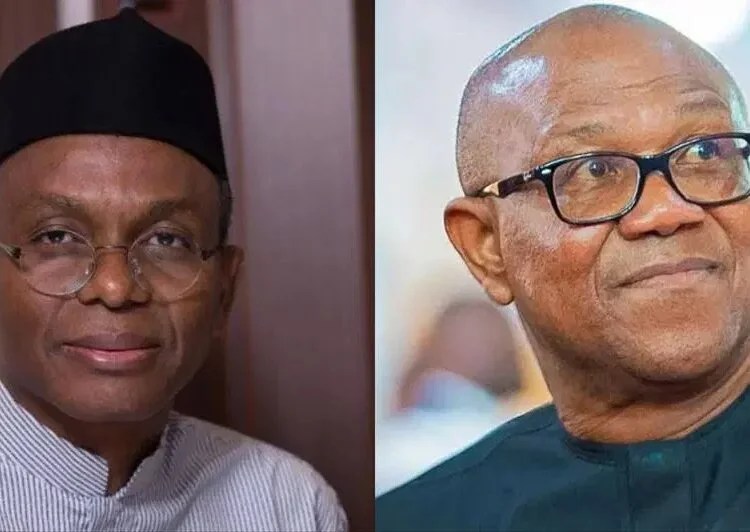Former Governor of the Central Bank of Nigeria (CBN) Mohammed Sanusi, has sparked debate by claiming that the current economic hardship cannot be attributed to the administration of President Bola Tinubu.
In a statement issued on Sunday, Sanusi shifted responsibility to previous administrations, citing unsustainable practices and accumulated debt as the root causes of the nation’s economic woes.
Sanusi said, “If I am to be fair and just to President Bola Tinubu, he is not to blame for the current hardship; for eight years, we were living a fake lifestyle with huge debt from foreign and domestic debts. The Central Bank of Nigeria owes over N30 trillion, which resulted in debt service surpassing 100 percent.
“I can’t join other Nigerians criticising Tinubu on the current economic hardship, and I am not saying he is a saint free from wrongdoing, but in this current economic situation, President Tinubu is not to be blamed. I will also speak if I see any wrong economic policies of the Tinubu administration in the future.”
Sanusi also said, “I have been, over the years, talking about the pending crisis ahead of the current economic hardship. Any economist who has studied monetary policy in the last eight years knows that Nigerians will fall into this difficult situation.
“The difficult situation Nigerians are facing is just the beginning (if the right decision is not put in place) because Nigeria is not exceptional; such situations happened in Germany, Zimbabwe, Uganda, and Venezuela.
“The previous administration turned adamant about our appeal for corrective measures (on the economic policy). I have said in the presence of the now sitting president in Kaduna state, any politician who tells you that things will be easy, don’t vote for him because he is lying. People merely dismissed my advisory as a political statement.”
Sanusi’s statement offers a perspective on the current economic hardship, shifting blame to previous administrations. However, it raises further questions about specific policies, proposed solutions, and the current government’s accountability. Nigerians await further details and concrete actions from the administration as they navigate this complex economic landscape.




